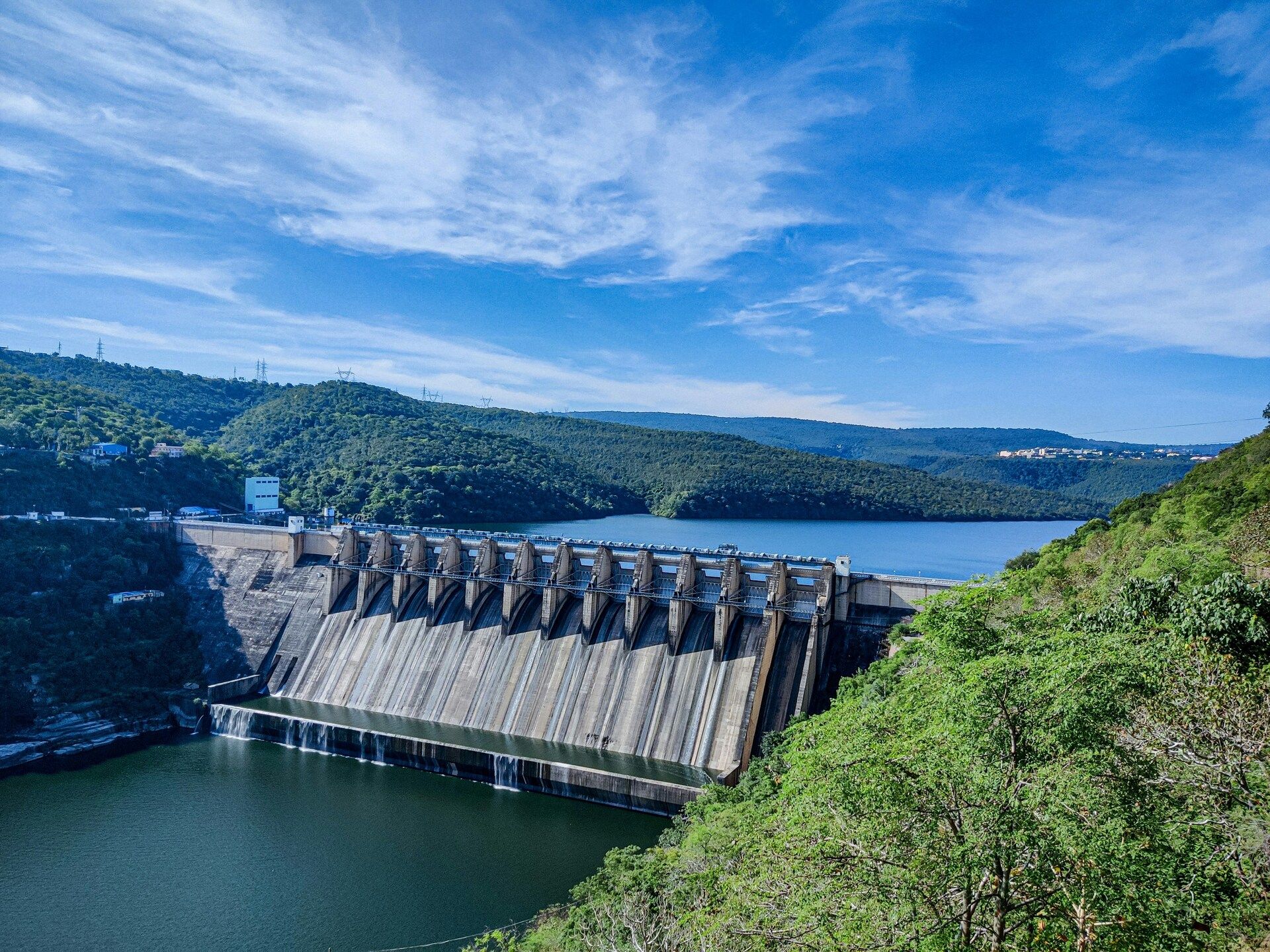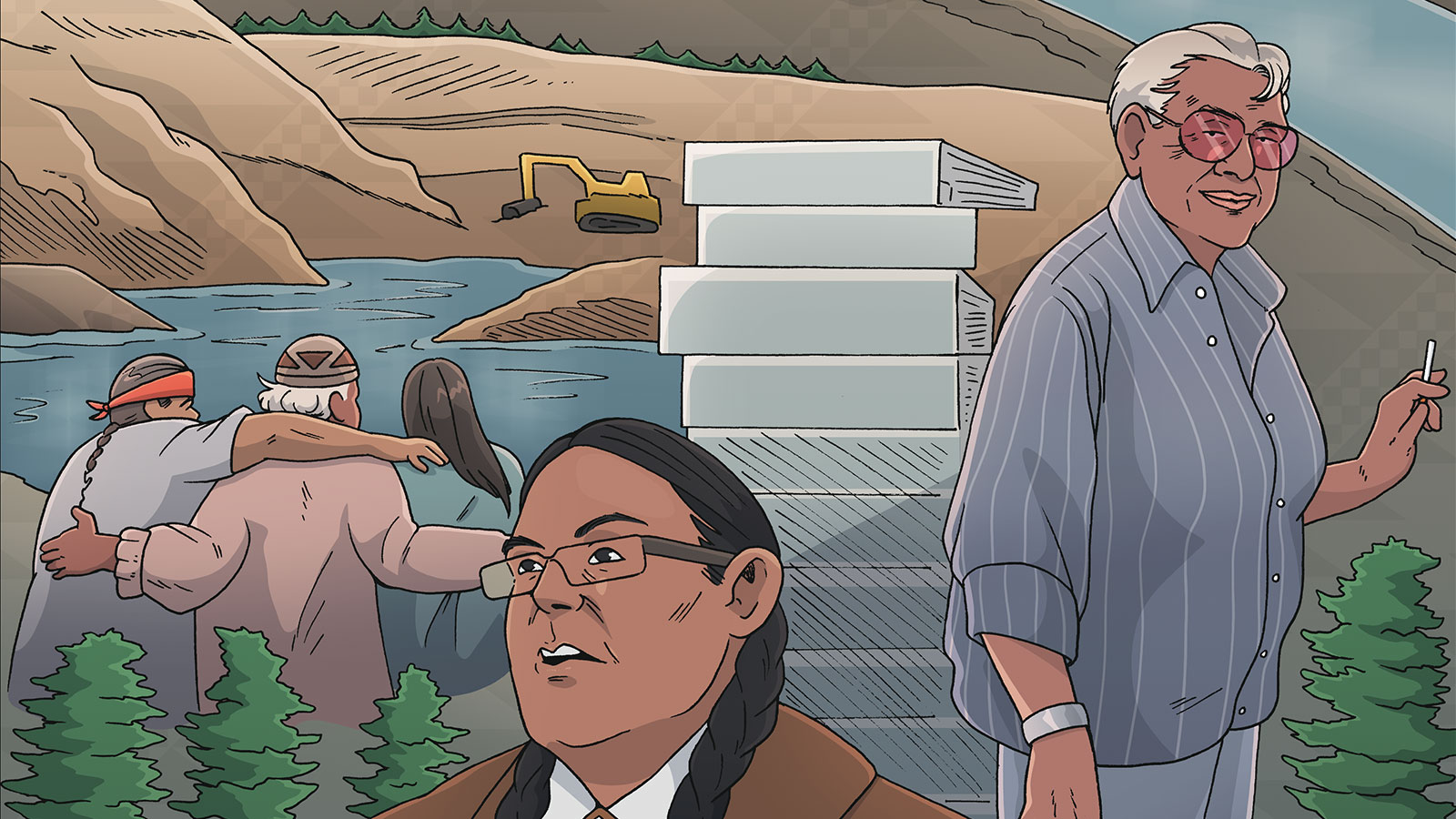- The Lazy Reader
- Posts
- A 30-Year Fight for Salvation and Salmon
A 30-Year Fight for Salvation and Salmon
PLUS: A no-hit hitman and a father-son spy tandem.

Hi 👋
We’re back again with another reading list of some of the best longform journalism across the internet ✨
Been a tough week at work. I’m drowning in deadlines and the sources I need won’t return my emails. It’s been stressing me out, so much so that my nervous tics are coming back. Work is truly pushing the limits of my anxiety meds right now.
I typically retreat into longform articles in times like these, but even that didn’t work well for me last week. I’ve been too busy to really lose myself into the sprawling stories that I like. I barely managed one of those big pieces this week. Hoping for clearer skies ahead.
Anyway, if you missed last week’s email, here are a few choice picks:
The Versace gunman and his trail of bodies.
Algorithms in healthcare leave the most vulnerable uncared for.
As always, please let me know what you think of the list this week by voting in the poll below.
Happy reading and see you again next Monday!
PS - Thanks to I Hate it Here for supporting this week’s newsletter! Please do consider clicking their ad link after the fold below. It’s free, easy, and it really helps me out.
How I missed this mammoth of a story, I have no idea. But it is a solid pick for the best environment piece I’ve read. Ever.
And that’s considering the fact that, before reading this story, I had no idea what these Klamath dams even were. And that there was this entire years-long conflict happening halfway across the world from me.
I won’t lie: I was skeptical. I wasn’t sure if the article had enough in it to keep me hooked for what is likely 15,000 words (maybe more). But I was foolish, I see now. This was one hell of an experience. I picked it up and quite literally couldn’t stop reading until I was through. And as someone who’s easily distracted (and stupidly busy), that’s a very impressive feat.
The story itself is compelling, sure. It follows a decade of struggle for environmental justice, primarily from the POV of the tribes along the Klamath river, who have had their ancestral lands (and bounties) trampled on by utilities companies.
But what really makes the article sing is the reportage and the production. The story gets way too detailed, way too intricate for this to be just any other longform project. It’s clear that the writer (and the team, because I’m sure this is a team effort) put an inordinate amount of time and effort into this. I can only imagine how overwhelming the archival material here must be—not to mention the interviews and the sheer cognitive work of putting all these different pieces together and figuring out where they fit into the larger political background at the time. Absolutely crazy.
Before the Swarm | The Atavist, $
Been a while since I last shared something from The Atavist here. Which really is such a big oversight on my part, because they run really great stories. This one is about an eccentric naturalist and his studies on ants. It dives deep into some of the more arcane parts of the scientific establishment, like taxonomy and the tiresome squabbling between academics who have their own pet theories they live by.
And yet still, this story manages to be gripping. Part of that, definitely, is the man at the center of this so compelling: He’s not a career researcher, and it seems like the dude just really loves nature (which is refreshing, I have to say, given the obsession with publications and the career ladder). But also a major contributing factor is how the story is told. The writer did great at pacing the narrative, sprinkling amusing bits here, painful moments there, and weaving the more technical parts in between.
Your Son Is Deceased | The New Yorker, $
Incredibly painful, incredibly infuriating.
This is probably the millionth police brutality story I’ve shared, but that’s just how it’s going to be when the institution meant to protect us instead treats us as animals—fair game for shooting practice. This story is a particularly egregious case, I concede, but that doesn’t erase the brutality and heartlessness (not to mention corruption) of law enforcement.
My Father and Me: A Spy Story | GQ, $
Enjoyed this one a lot. The writer dives into the world of intelligence operatives and sees how easy it is for top agents to just flip and leak secrets to the enemy.
I debated a lot about what the main moral of the story is, and I still don’t think I know. But I do just want to spotlight the hubris of the father spy here, believing that he deserved the world for doing such shady work. So much so that he not only orchestrates a years-long revenge against his own government, but also ropes his son into the scheme, essentially derailing the young man’s life.
Props to the title as well. That was an incredible hook.
The Disappeared: Chicago Police Detain Americans at Abuse-Laden 'Black Site' | The Guardian, Free
Another one about the brokenness of law enforcement in the U.S. Apparently the police run these black sites where they can take anyone they want, torture them, keep them hidden from the rest of the world, and maybe even kill them. All without much consequence. Now, yes, I understand that that seems like I’m going a bit overboard, but I’m really not. Read the article.
Just want to take this chance to say that I always read these types of stories, where the writer is so appalled that there are these rights abuses in the U.S., the kind that you only see in other countries… perpetrated by the U.S. military. I can’t understand how people fail to make the leap in logic there: If it’s wrong in the U.S., it’s wrong elsewhere, too. We should stand against all wrongness, not just the ones
Ah, Mr. Maysh. Always reliable, Mr. Maysh.
Look: I’ve long been a fan of Jeff Maysh, and pieces like these really encapsulate why. I maintain that of all Jeff’s talent, what I’m most envious of is how he manages to find these types of character-driven stories, capturing this small but outrageous (in the best way possible) period in history with impressive clarity.
And I understand that life is full of these strange and delightful stories, but I guess what Jeff has is the eyes to see things from the POV of a master storyteller. Is that something that can be taught?
In any case, this piece is centered on a very interesting character: A man who, for whatever reason, gravitates toward a life of crime, even though his heart yearns for music. And really, it just devolves into a series of himself sabotaging his own career and life, falling into this destructive cycle. It’s tragic, really.
Prose and reporting, as expected, were both great. Jeff managed to score an interview with Harari, which is unbelievable. Only critique I can really come up with is that this isn’t nearly as long as I would have wanted. It’s not short by any means, but I think it's the type of story that would have benefited from more reporting, more words on the paper—just more, overall.
The best HR advice comes from people who’ve been in the trenches.
That’s what this newsletter delivers.
I Hate it Here is your insider’s guide to surviving and thriving in HR, from someone who’s been there. It’s not about theory or buzzwords — it’s about practical, real-world advice for navigating everything from tricky managers to messy policies.
Every newsletter is written by Hebba Youssef — a Chief People Officer who’s seen it all and is here to share what actually works (and what doesn’t). We’re talking real talk, real strategies, and real support — all with a side of humor to keep you sane.
Because HR shouldn’t feel like a thankless job. And you shouldn’t feel alone in it.
How did you like this week's list? |
Closing this newsletter out with two shorties.
This first one is a quick opinion piece from The Guardian, digging into Kamala Harris’ post-defeat memoir. I haven’t read the book, nor do I plan to, but going off of what the columnist has here, it’s clear that there wasn’t much humility (or just learning) in the post-mortem analysis of her campaign. That bodes incredibly poorly for 2028.
Why is the Financial Times Trying to Hide the Wealth Porn? | The Intelligencer, $
Some light media criticism to end the week. Nothing too serious, and very low-stakes, given how this happened years ago. There was some interesting back-and-forth here, though. I’m admittedly biased against obscene wealth, so I can sympathize a bit more with the change in the magazine name (versus the old guard being very protective of some weird legacy?).
But I also do understand the skepticism from the article’s writer: It feels like nothing’s materially changed. It’s still a magazine for the extremely rich, just now behind this veneer of humility. That might actually be more disgusting to me.
Thanks for reading! Please, please reach out if you have feedback, suggestions, or questions. Alternatively, you can fill out this super quick survey form. I promise it won’t even take five minutes of your time, and it’ll be a HUGE help!
ALSO: I know some of the stories I recommend might be behind paywalls, and maybe I can help you with access to those. Send me a message and let’s see what we can do 😊
Until next Monday! 👋




Reply